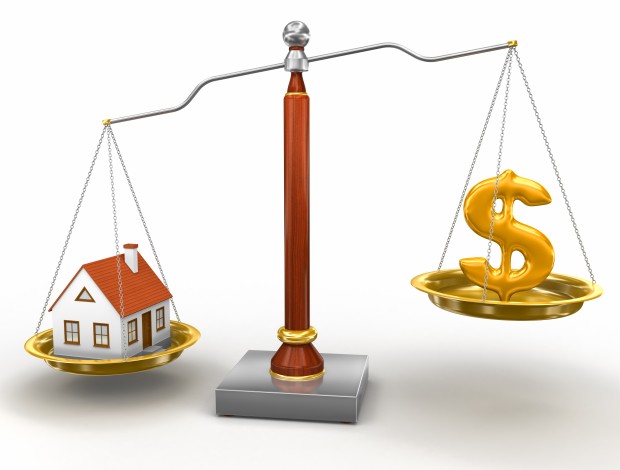The true cost of buying a home

Beginning with the selling price of the property that you are interested in, the purchase of a house or condo involves many different expenses, some of which you may not have considered. From the welcome tax to notary fees, from inspection costs to moving expenses, here is a list of some of the costs you will need to take into account as you plan your home-buying budget.
Transfer duties – +/- 1 % of the purchase price
More commonly known as the welcome tax, transfer duties will be charged in the weeks – sometimes even days – following the signature of the deed of sale for the property you are buying. The amount of the welcome tax is approximately 1% of the sale price. Use this tool to find out what you can expect to be charged.
Notary fees – between $900 and $1,500
A notary will be responsible for the legal aspects of the purchase transaction, including the verification of documents such as the property title and the certificate of location, and the preparation of documents such as the deed of sale and the declaration of co-ownership, where applicable. Notary fees will vary between $900 and $1,500.
Inspection fees – between $400 and $700
A building inspector will charge anywhere from $400 to $700 to inspect a home, depending on its size. It is worth paying a little more for the services of an experienced and reputable inspector, preferably one who also has qualifications in architecture or engineering.
Property and school taxes – variable
At the time when the title to the property is transferred to you, the tax bill will be too. If the seller has already paid the property and school taxes for the current year, you will be required to reimburse a part of it. If the due date for taxes hasn’t passed, be prepared to pay.
The amount of tax owing is based on the evaluation of the property, and varies depending on the neighbourhood, the city, etc.
Insurance – variable
Several expenses related to insurance accompany a real estate transaction.
On the one hand, if your cash deposit is less than 20% of the sale price, some financial instituions will require you to subscribe to mortgage insurance or life/invalidity insurance, in order to protect them from any default in payment. You will have the choice between paying your insurance in one payment when you buy or to spread payment out over your mortgage payments.
On the other hand, if you buy a condominium, you will need two different kinds of insurance: house insurance for your unit as well as a percentage of the insurance retained by the syndicate of co-ownership (Quebec’s equivalent to the condominium corporation). You may be required to pay the entire amount for the syndicate’s insurance at the time you sign the deed of sale.
Have you thought about…
… moving costs ? Especially if you call on professionals, moving can be quite expensive. If you choose to move at a busy time – especially close to July 1 – you should think ahead to reserve the movers or at least the truck and avoid the inflated last-minute prices.
… hooking up your electricity, phone, internet, etc. ? Hydro-Québec charges for hook-up, transfer or to open any new account. The same applies to telephone, cable and internet companies. Plan for these extra costs in your budget.
… the cost of decorating ? Will you need new appliances? A coat of paint? A new sofa to fit your new living room? These expenses can easily get out of hand; it would be wise to plan for certain redecorating costs in your budget, and then stick to your plan!


Stock images: Shutterstock
Related articles
Most popular articles